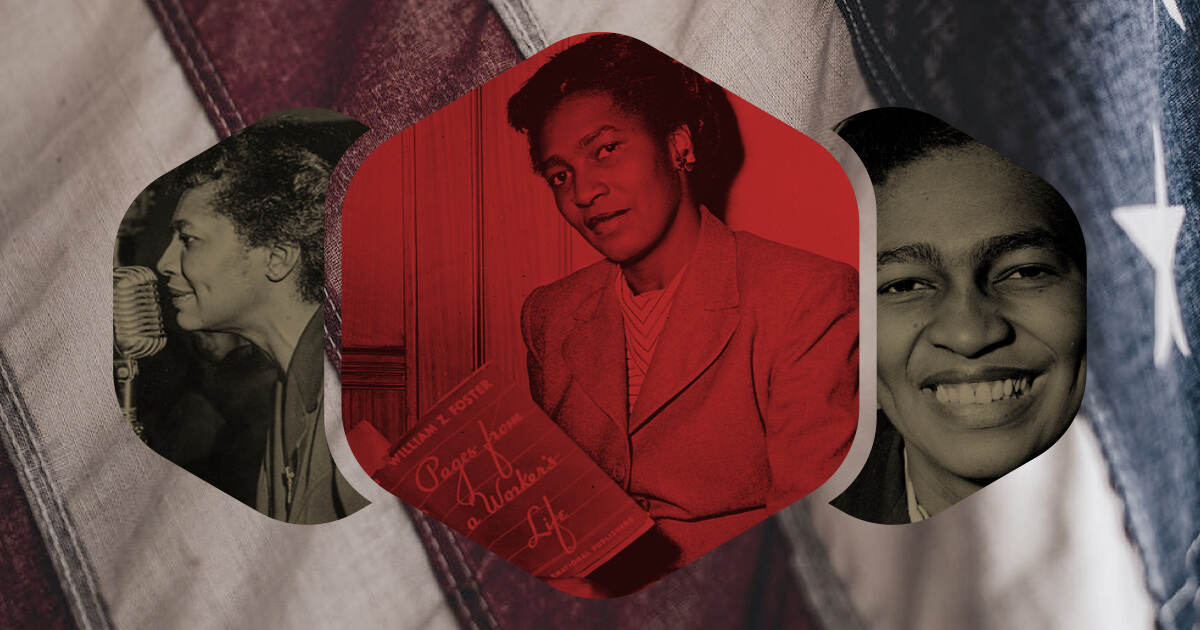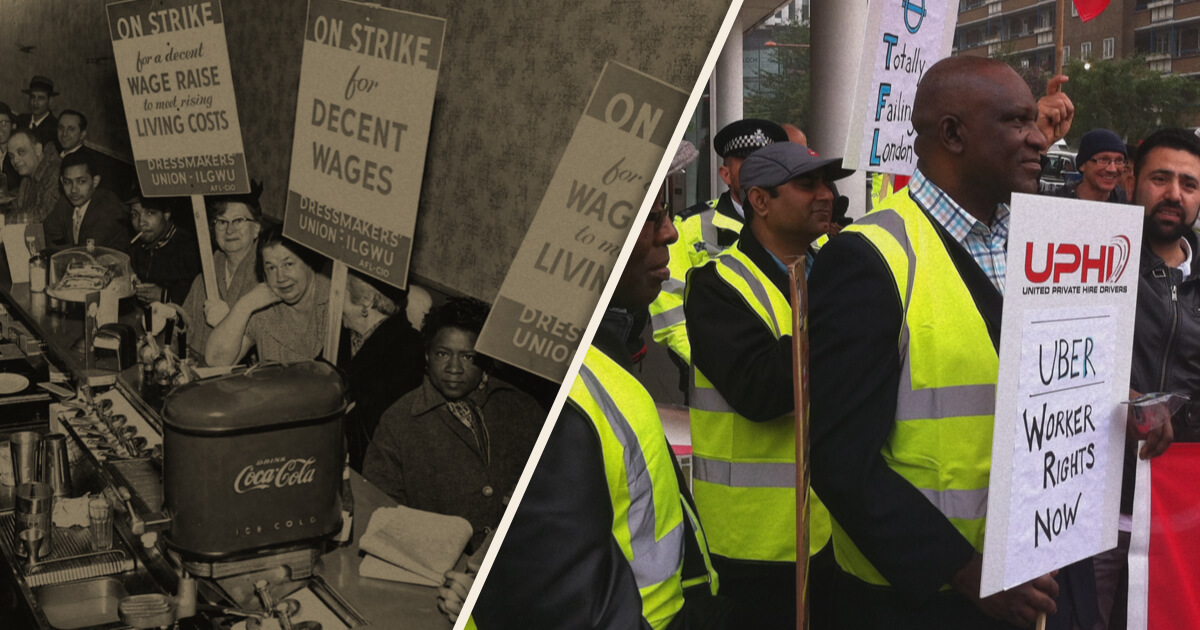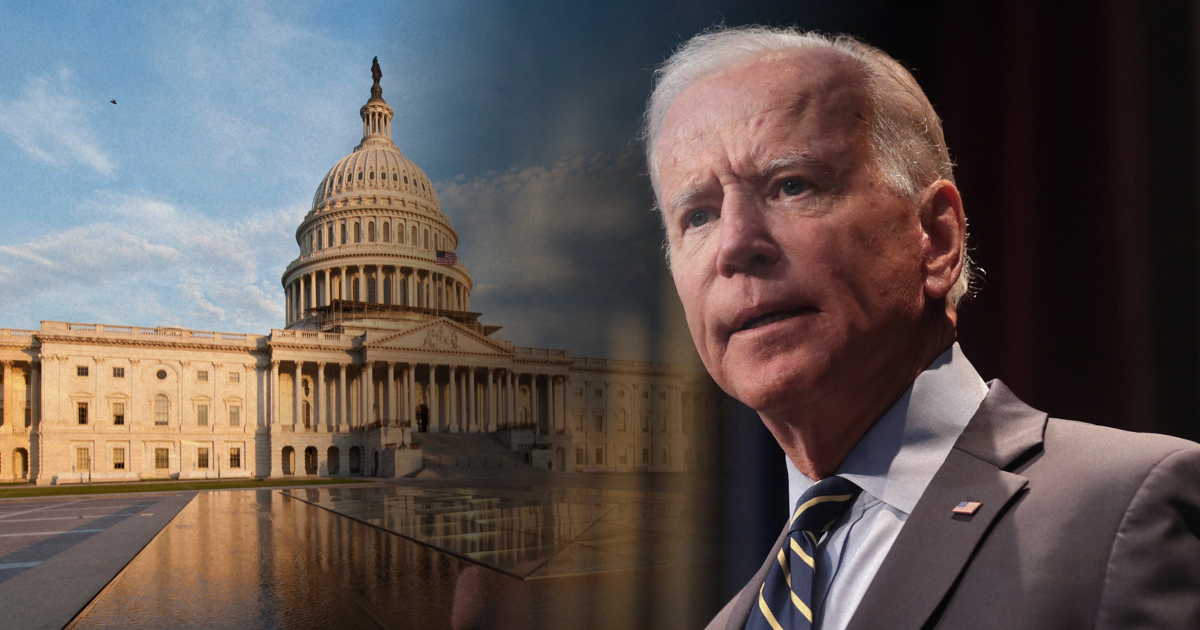To be honest, I am not sure how we got to the point where society considers Socialism and Christianity to be opposed. These days, our cultural zeitgeist attempts to put the two ideals on an opposing diametric scale: on one side, the well-to-do and wholesome idea of Christianity; on the other, the godless and barbaric practice of Socialism. My argument, as one who studied political science in college and went on to obtain a Master of Divinity, is that Socialism and Christianity share more of the same principles than not. They are both, after all, focused on providing care for our neighbors.
It is not a hard practice to trace the origins of this argument. In the modern world, these arguments started with Joseph McCarthy. The lasting legacy of the US Senator who was dismissed from the body – with prejudice – is that anything remotely traceable to the thoughts of Marx or Engels can only be communism. Further, any thought coming from a leftist point of view is equal to authoritarian regimes in the USSR, the People’s Republic of China, or Castro’s Cuba. McCarthyism, which is well and alive today, creates a polar dynamic that will not allow Christianity and Socialism to co-exist in our modern world.
Things do seem to be changing, although, regretfully, at a snail’s pace. It takes time, after all, to break down a power structure that has created a vacuum of talking points. All the same, more and more Christians are seeing the appeal of “leftist” thinking (“leftist” in the U.S. that is; quite centrist in other countries), and support of universal healthcare, childcare, parental leave, and reproductive rights have started to gain a foothold in Christian circles.
For decades now, mainstream liberal churches have fought for workers’ rights. In the 1990s, the Presbyterian Church USA boycotted Taco Bell because they would not sign on to an agreement allowing for their farmworkers to be paid a more equitable wage. That fight continues as they are currently boycotting Wendy’s, which alone among fast food chains have refused the Coalition of Immokalee Workers demands that fast food restaurants pay their farm workers more and ensure they are cared for while in the fields.
Movements such as these are called Socialist, and the idea of ensuring basic human dignity for a fellow person is considered anti-American and anti-Christian. Have those who make such arguments read the Bible?
“The community of believers was one in heart and mind. None of them would say, ‘This is mine!’ about any of their possessions- but held everything in common. The apostles continued to bear powerful witness to the resurrection of the Lord Jesus, and an abundance of grace was at work among them all. There were no needy persons among them. Those who owned properties or houses would sell them, bring the proceeds from the sales, and place them in the care and under the authority of the apostles. Then it was distributed to anyone who was in need. Joseph, whom the apostles nicknamed Barnabas (that is, ‘one who encourages’), was a Levite from Cyprus. He owned a field, sold it, brought the money, and placed it in the care and under the authority of the apostles,” (Acts 4:32-37, Common English Bible).
As told in these verses, the disciples who followed Jesus on his path of ministry came together and formed a community. In this community, there were no personal possessions. Instead, their resources were put in a collective that was distributed amongst the people. They did this in order to care for the people amongst them. These were the people who followed Jesus while he was walking on this earth. They learned from “the master” himself. In their interpretation of his teachings, they did not allow for personal belongings; more than that, they did not want personal belongings. The intention was to care for one another. The intention was to love one’s neighbor as oneself.
If we were to take that selection and present it to any conservative political thinker, without context, it would be immediately labeled Communism or Socialism. Would the disciples or Jesus call it that? No. The only political system they knew was the oppressive structure of the Roman Empire. Our modern definitions had not been presented. To them, this was an opportunity to live out the Gospel in real time. There was nothing more than caring for one another. They showed Christ’s love and light to one another by making sure that all lived day to day.
In the end, both Christianity and Socialism share this same goal: to make sure our neighbors have enough food on their plate and a roof over their heads. And as we stretch those primary goals into aforementioned ideals of a worker’s dignity, equitable pay, healthcare, reproductive rights, parental leave, etc. we will continue to find common ground. That is, we will find the common ground if people approach the two ideals in an honest way.
There is much more to cover in this topic of mutuality between a socio-economic ideology and a theological stance. I am looking forward to writing more in future installments of the Arkansas Worker. For now, I’ll continue to do what work I can in my circles around bridging the gap. Whether or not we agree theologically, please know I see us in the same storm. And all I’m trying to do is ensure we have adequate boats and supplies to weather this storm. Grace and peace to you.














